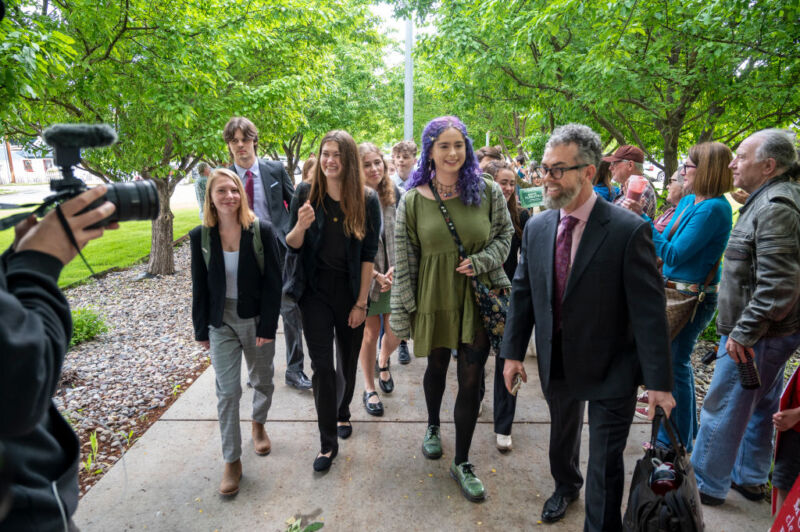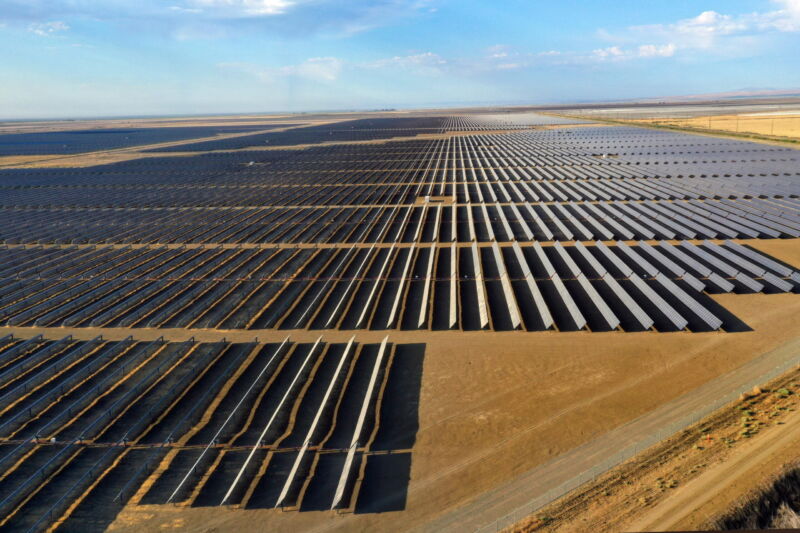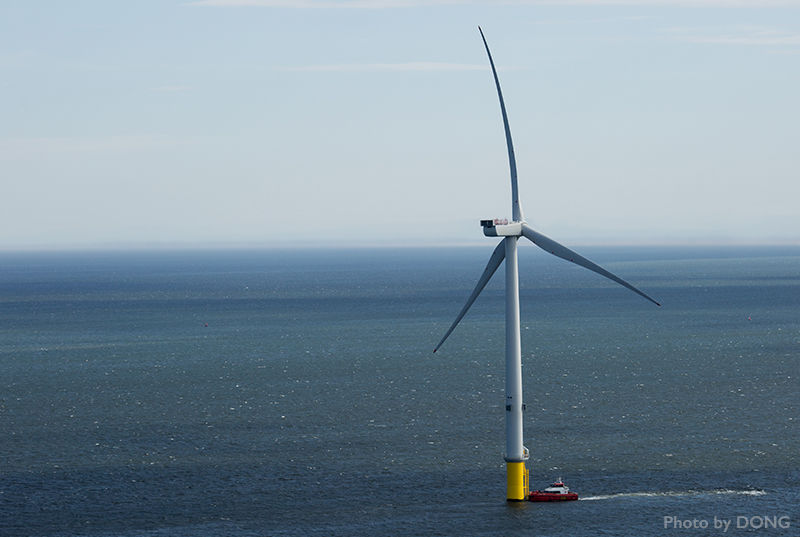-
 chevron_right
chevron_right
Montana loses fight against youth climate activists in landmark ruling
news.movim.eu / ArsTechnica · Monday, 14 August, 2023 - 19:59

Enlarge / Youth plaintiffs are greeted by supporters as they arrive for the nation's first youth climate change trial at Montana's First Judicial District Court on June 12, 2023. (credit: William Campbell / Contributor | Getty Images North America )
A Montana state court today sided with young people who sued the state for promoting the fossil fuel industry through its energy policy , which they alleged prohibits Montana from weighing greenhouse gas emissions in approving the development of new factories and power plants. This prohibition, 16 plaintiffs ages 5 to 22 successfully argued, violates their constitutional right to a "clean and healthful environment in Montana for present and future generations."
Experts previously predicted that a win for youths in Montana would set an important legal precedent for how courts can hold states accountable for climate inaction. The same legal organization representing Montana's young plaintiffs, Our Children's Trust, is currently pursuing similar cases in four other states, The Washington Post reported .
The Post described this landmark case as "the nation’s first constitutional and first youth-led climate lawsuit to go to trial."


